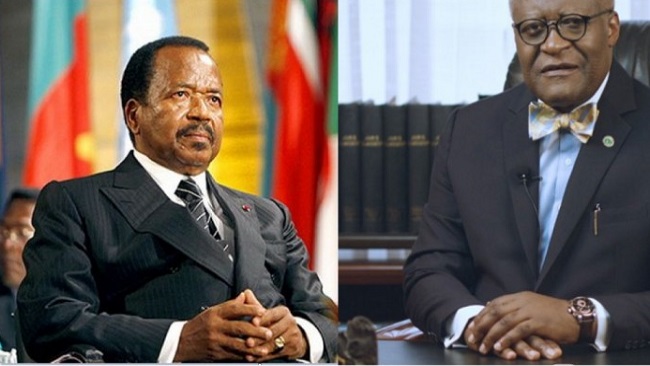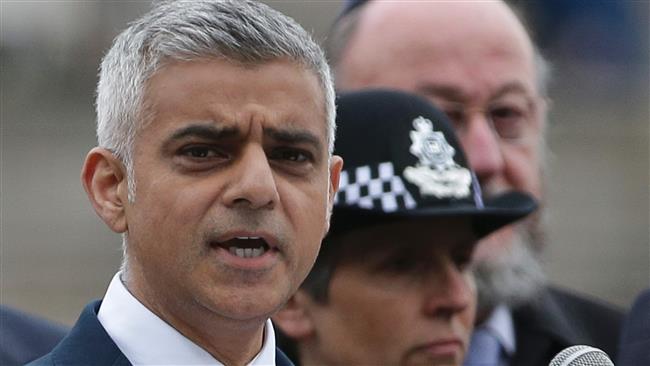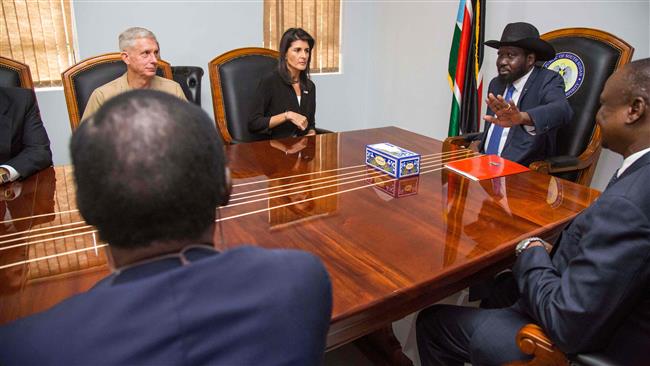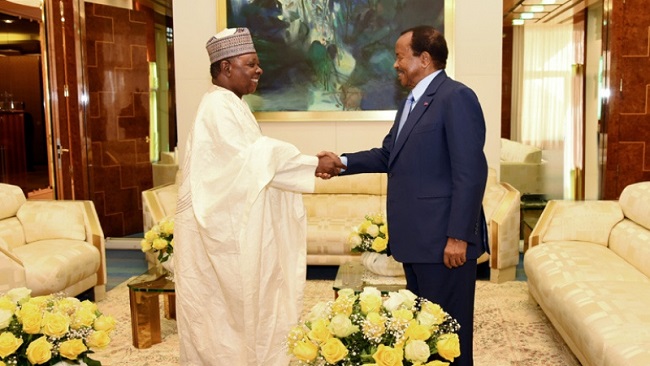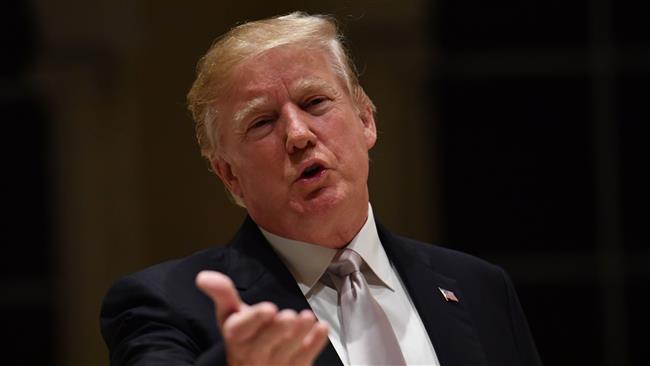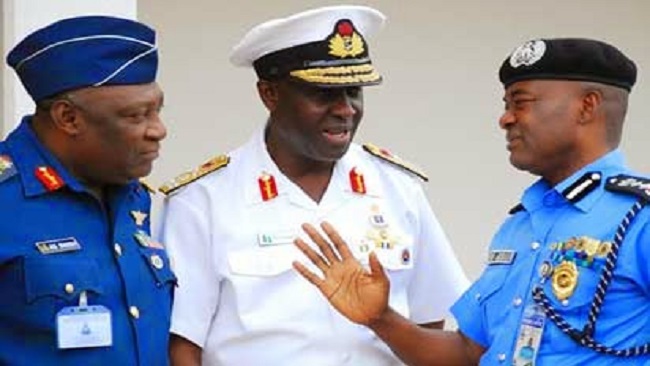France’s image-building gurus to work on the Cameroonian election amid concerns over cost
President Paul Biya has reportedly retained Patricia Balme to handle the marketing of his image for the 2018 presidential election campaign. Cameroon Intelligence Report understands Patricia Balme, has been working since 1999 to polish the image of the Cameroonian dictator.
For his part, Akere Muna who appears to be the main Biya challenger has recruited François Meynent, the organizer of the French movement “En Marche” which brought French President Emmanuel Macron to power.
With little or nothing coming out from the other presidential candidates, a lot of tongues have been wagging on why Biya and Akere Muna decided to hire the services of foreign firms, which of course will cost the two campaigns huge sums of money to the detriment of competent Cameroonian nationals.
Our senior political man hinted that it is extremely difficult for Biya to move away from the French and the France-Afrique political structure. Soter Agbaw-Ebai further pointed out that the renowned Barrister Akere Muna’s choice is in anticipation of any electoral issues that will require the intervention of the French government.
By Chi Prudence Asong

